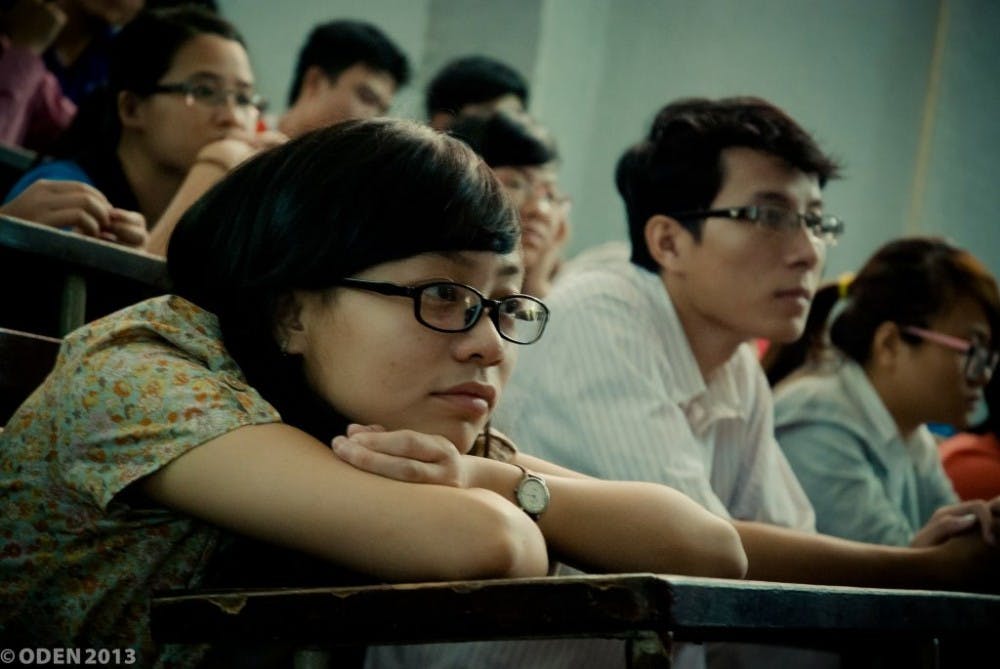Starting school later may seem like just schoolkid’s dream; However, for college-age students, starting school later may be an academic advantage.
Some people argue that studying during the early morning is the optimal time for the brain to perform complex comprehension tasks. But a new study shows that sayings such as “the early bird catches the worm” may not apply to studying habits.
“The basic thrust is that the best times of day for learning for college-age students are later than standard class hours begin,” Mariah Evans, associate professor of sociology at the University of Nevada, Reno, said in a press release. “Especially for freshmen and sophomores, we should be running more afternoon and evening classes as part of the standard curriculum.”
Previous studies have found that the cognitive function of high school students increases when they start class later.
The recent study conducted by researchers at the University of Nevada, Reno and the Open University in the United Kingdom attempts to further this knowledge by extending the benefits of later study times to college freshmen and sophomores as well.
The study was led by Evans; Jonathan Kelley, Evans’ colleague; and Paul Kelley, the honorary associate of sleep, circadian and memory neuroscience at The Open University.
In the neuroscientific study, the scientists asked participants for preferred sleeping times and rankings of their own fitness for cognitive activities throughout the day.
“Neuroscientists have documented the time shift using biological data — on average, teens’ biologically ‘natural’ day begins about two hours later than is optimal for prime age adults,” Evans said in a press release. “The survey we present here support that for college students, but they also show that when it comes to optimal performance, no one time fits all.”
Despite the lack of consensus, the majority of the results from the study demonstrate that starting times after 11 a.m. allow for optimal learning. The study also revealed that a greater number of people identified themselves as “evening” people compared to “morning” people.
The evening group outnumbered the morning group by a ratio of 2:1, and this difference asserts that no start time can provide an advantage to one chronotype, or when one prefers to sleep and wake up, without disadvantaging the other.
“Thus, the science supports recent moves by the University [of Nevada, Reno] to encourage evening classes as part of the standard undergraduate curriculum. It also supports increasing the availability of asynchronous online classes to enable students to align their academic work times with their optimal learning times,” Evans said.
Kelley questioned why colleges start classes as early as 8 a.m if it limits their students’ academic performance.
“This work is very helpful for asynchronous online learning as it allows for the student to target their study time to align with their personal rhythm and at the time of day when they know they are most effective,” Kelley said.
The findings of this study condemn early start times for classes and question how class scheduling at universities operate.
For college freshmen and sophomores, in particular, many introductory-level classes are only offered in the morning, beginning and even concluding well before the cutoff times noted for optimal study time in this study.
In light of this new finding, universities could become more flexible with early class times.





